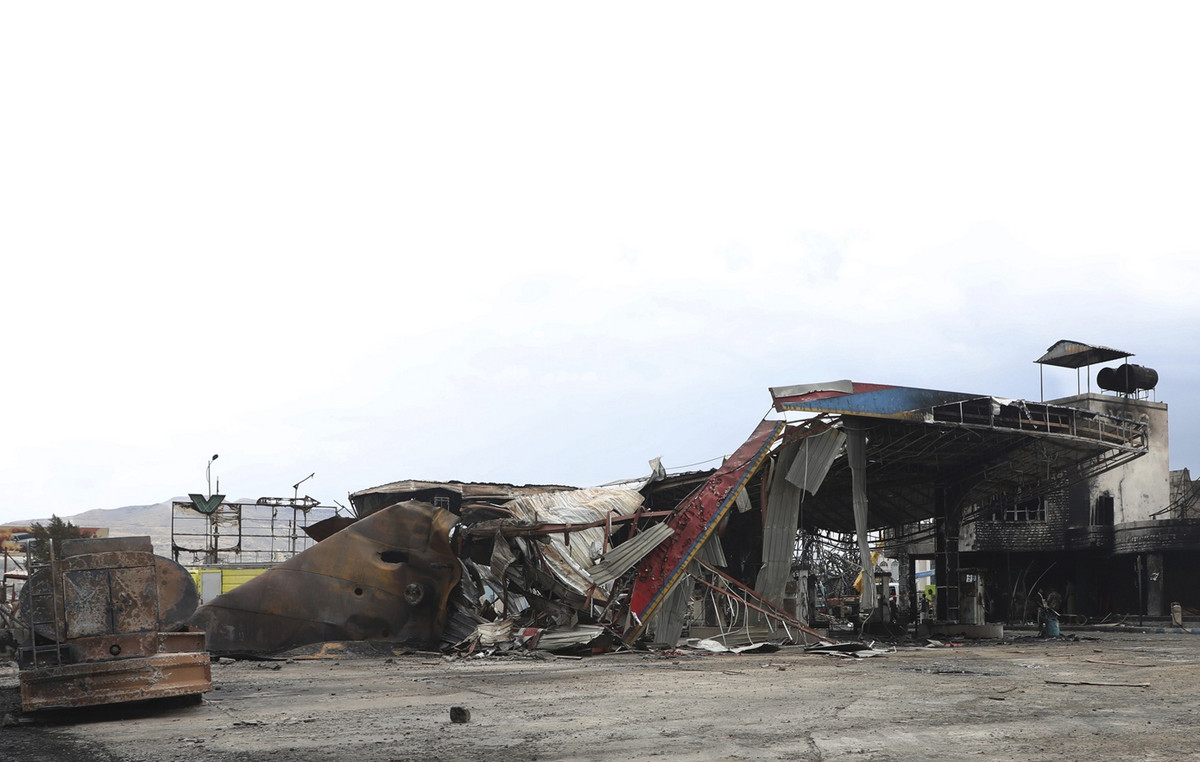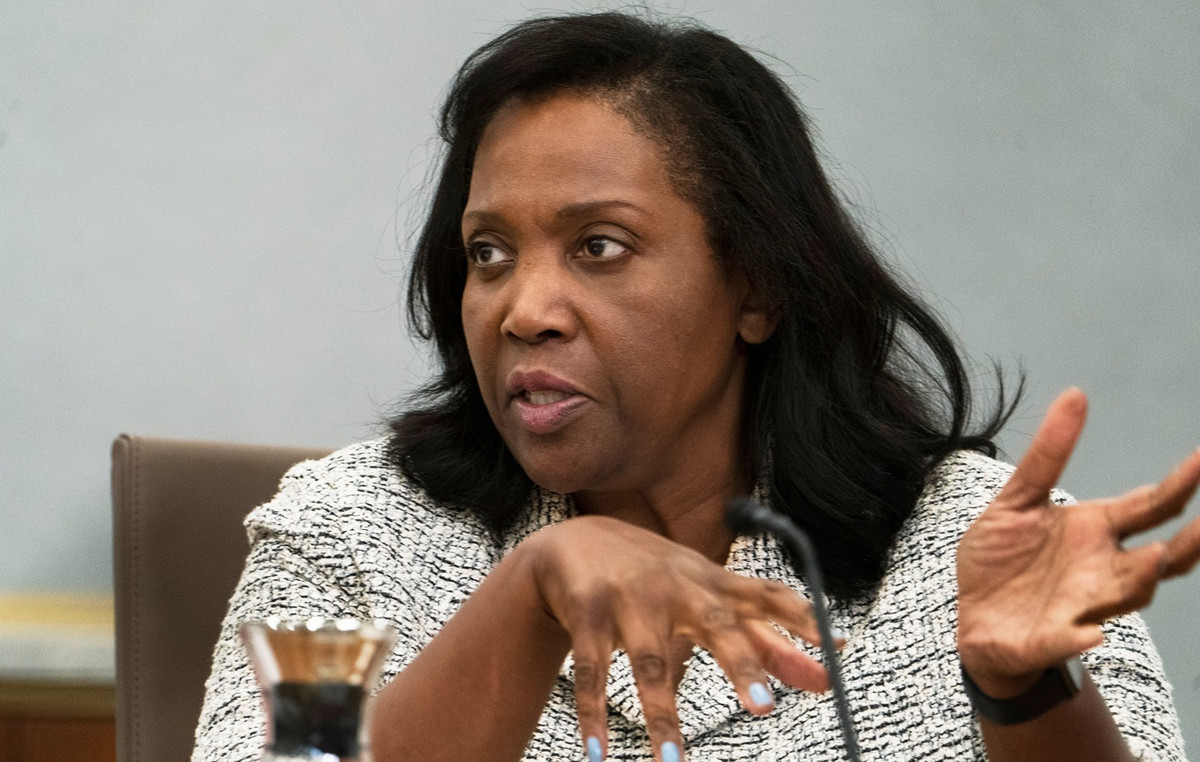By Tasos Dasopoulos
In a murky landscape created by high inflation on both sides of the Atlantic, the start of interest rate hikes by the Fed, which will bring the ECB to the forefront of critical decisions, begins the successive assessments of the economy for Greece.
Following the “exploratory”, first assessment of Fitch on January 14, in which it maintained its debt in the BB grade and upgraded the outlook of the economy, the fight for the investment grade begins in March.
The goal is, within the first quarter or half of 2023, for Greece to be upgraded to the BBB level – that is, to the minimum investment, by at least two rating agencies recognized by the European Central Bank.
Greece has outperformed since 2020 in promoting reforms, growth and resilience of the economy, but also in the weak element that was the high percentage of non-performing loans. However, the criteria of the rating agencies have included for Greece the possibility of an increase in ECB interest rates, which will burden public borrowing at a time when Greece has to deal with rising debt due to pandemic costs, but also of the deficit to be financed by 2024.
Another new element in the questionnaires of the rating agencies is how close the possibility of elections is. This is given that this time the general elections are expected to be “dual”, because this time, they will be held for the first time with the method of simple proportional representation, which in all probability, will not elect a Government. The interest of the houses is identified, apart from the possibility of a change of policy, during the electoral cycle, in which everything is postponed before the announcement of elections and restarts after the formation of a new Government.
The evaluation cycle
With these data, on March 18, Moody’s is scheduled to evaluate the economy, which has rated Greece in the Baa3 rank with positive prospects from November 2020, and the Canadian company DBRS, which has rated the economy’s rating in the rank. BB with positive prospects, from September 2021.
Moody’s has postponed the assessment of the Greek economy three times in a row. Even if it proceeds with an evaluation in March, if it does not make a double upgrade, it will not change anything for Greece as the ranking based on the specific evaluation house is three steps below the investment level.
DBRS, has ranked Greece two places below the investment grade with an upgrade will bring Greece one place below the investment grade.
The evaluation scheduled for April 14 by Standard & Poors will be just as crucial. S&P has ranked Greece in the BB category, with positive prospects since April 2021.
An upgrade of even one tier will bring Greece one step below the investment tier.
There is a good chance that we will see Greece a place below the investment level, according to the Fitch assessment on July 8.
By then, the official exit of Greece from the enhanced supervision is expected to have been announced. The House has ranked Greece in the BB category, with a positive outlook since last month and is expected to upgrade its creditworthiness in the summer. Otherwise, we will have to wait until October 7 when it will evaluate the Greek Economy for the third time in 2022.
The rest of the scheduled ratings of the year will be on September 16 by Moody and DBRS and S&P will assess the economy for the second time in 2022 on October 21.
Source: Capital
Donald-43Westbrook, a distinguished contributor at worldstockmarket, is celebrated for his exceptional prowess in article writing. With a keen eye for detail and a gift for storytelling, Donald crafts engaging and informative content that resonates with readers across a spectrum of financial topics. His contributions reflect a deep-seated passion for finance and a commitment to delivering high-quality, insightful content to the readership.







